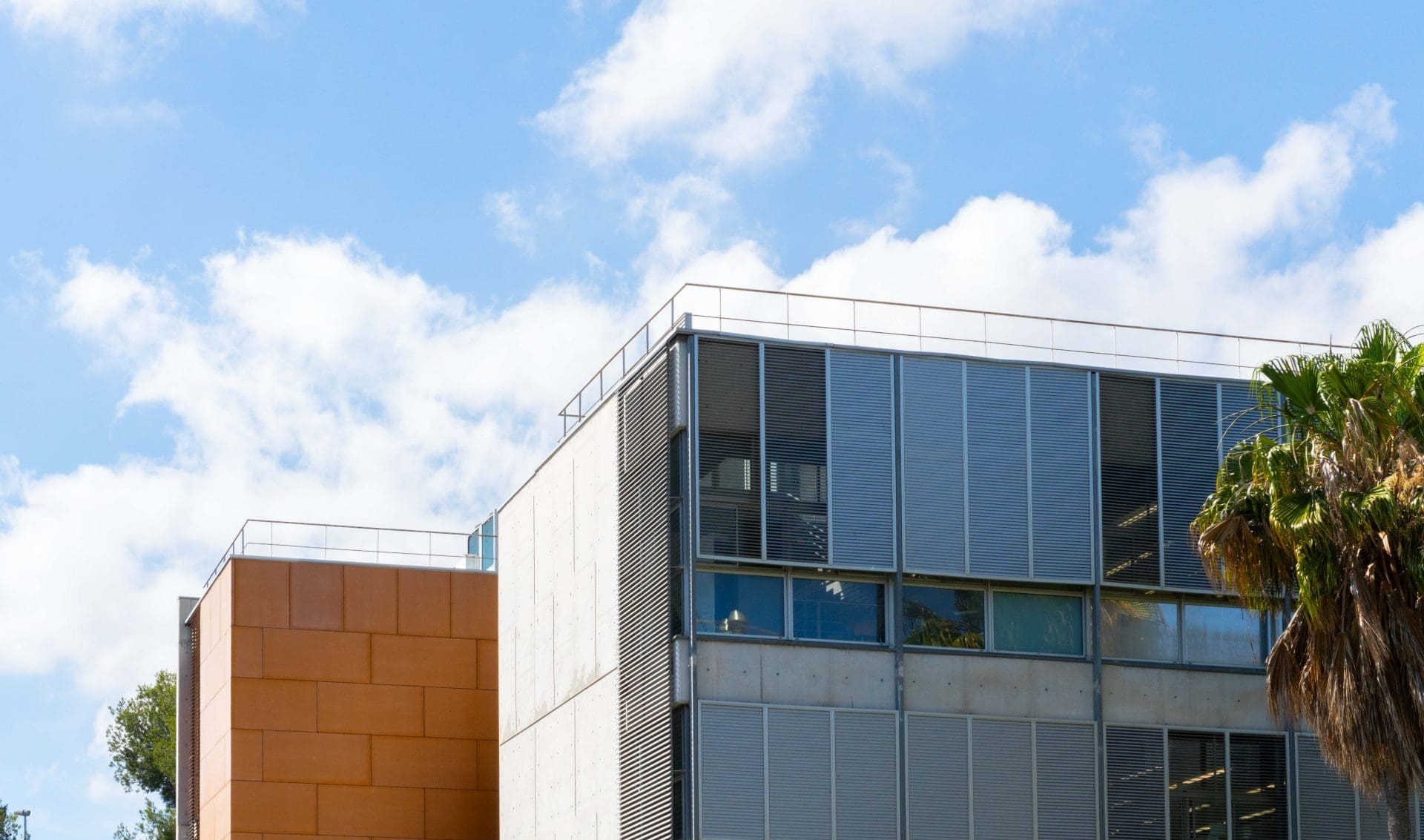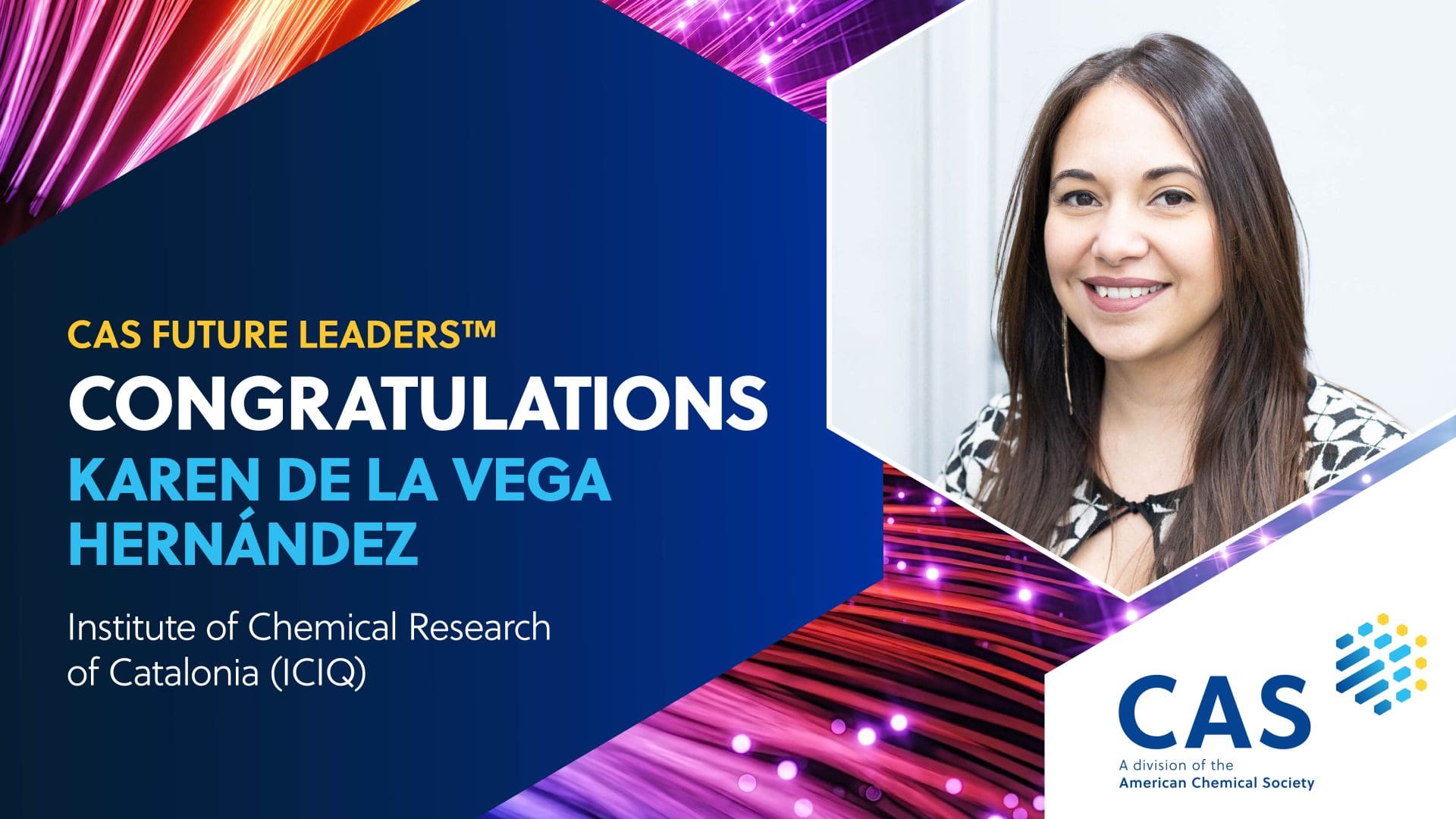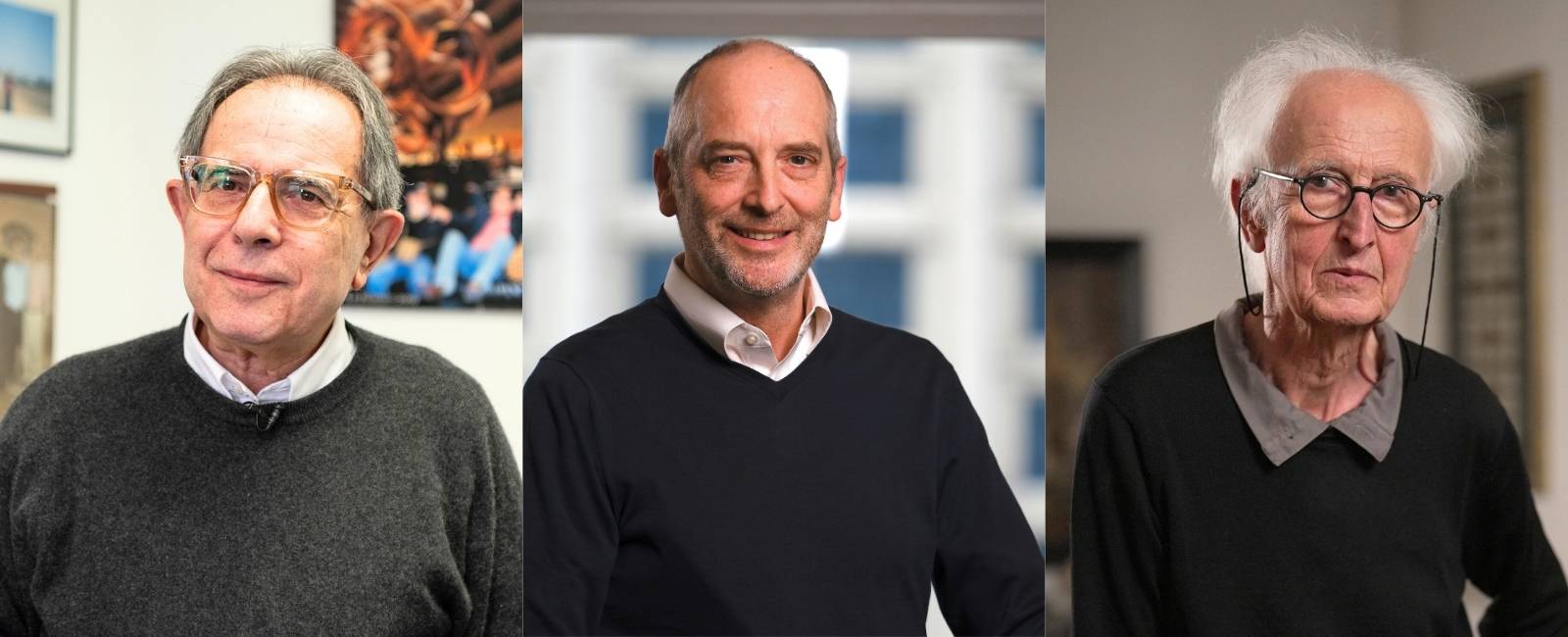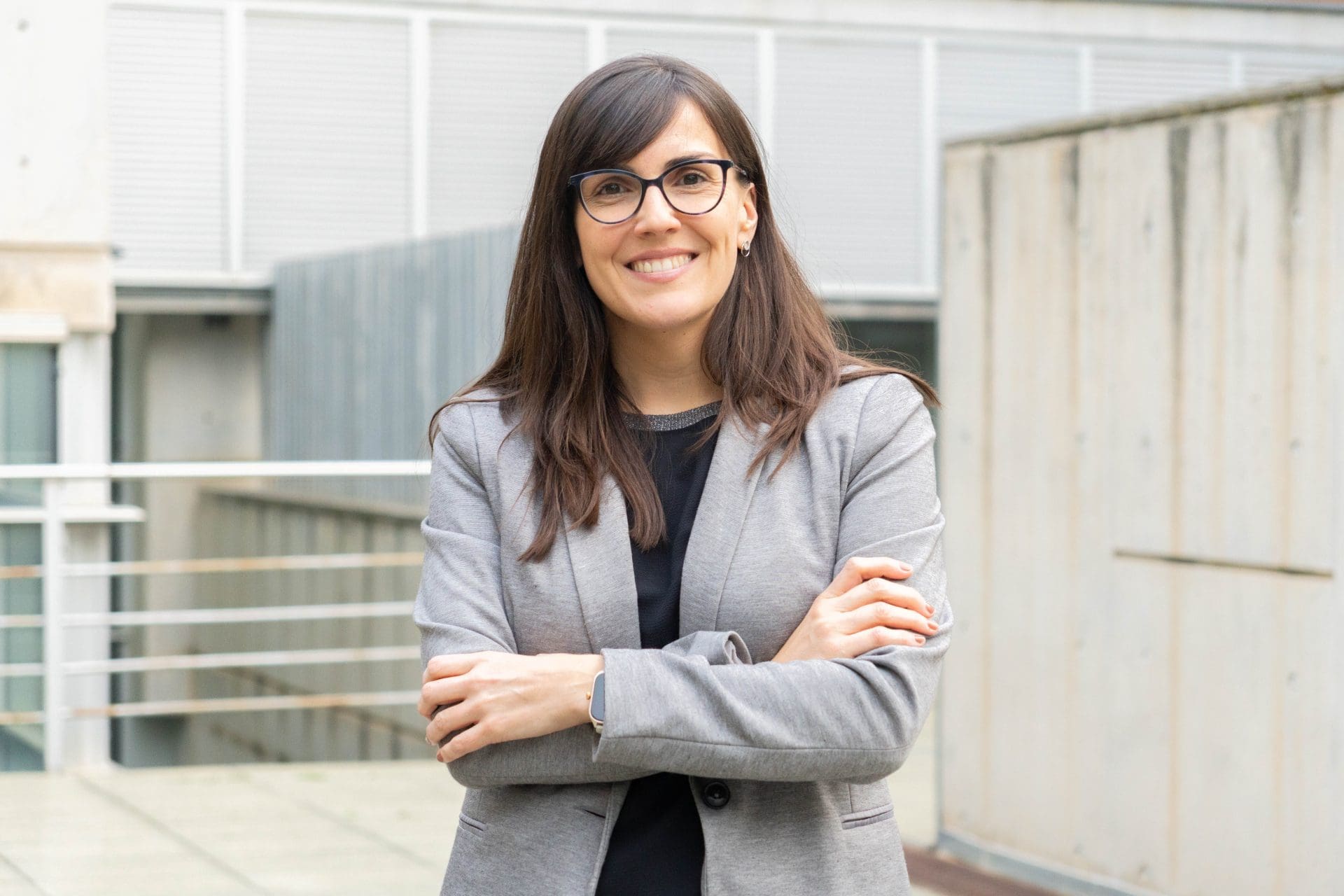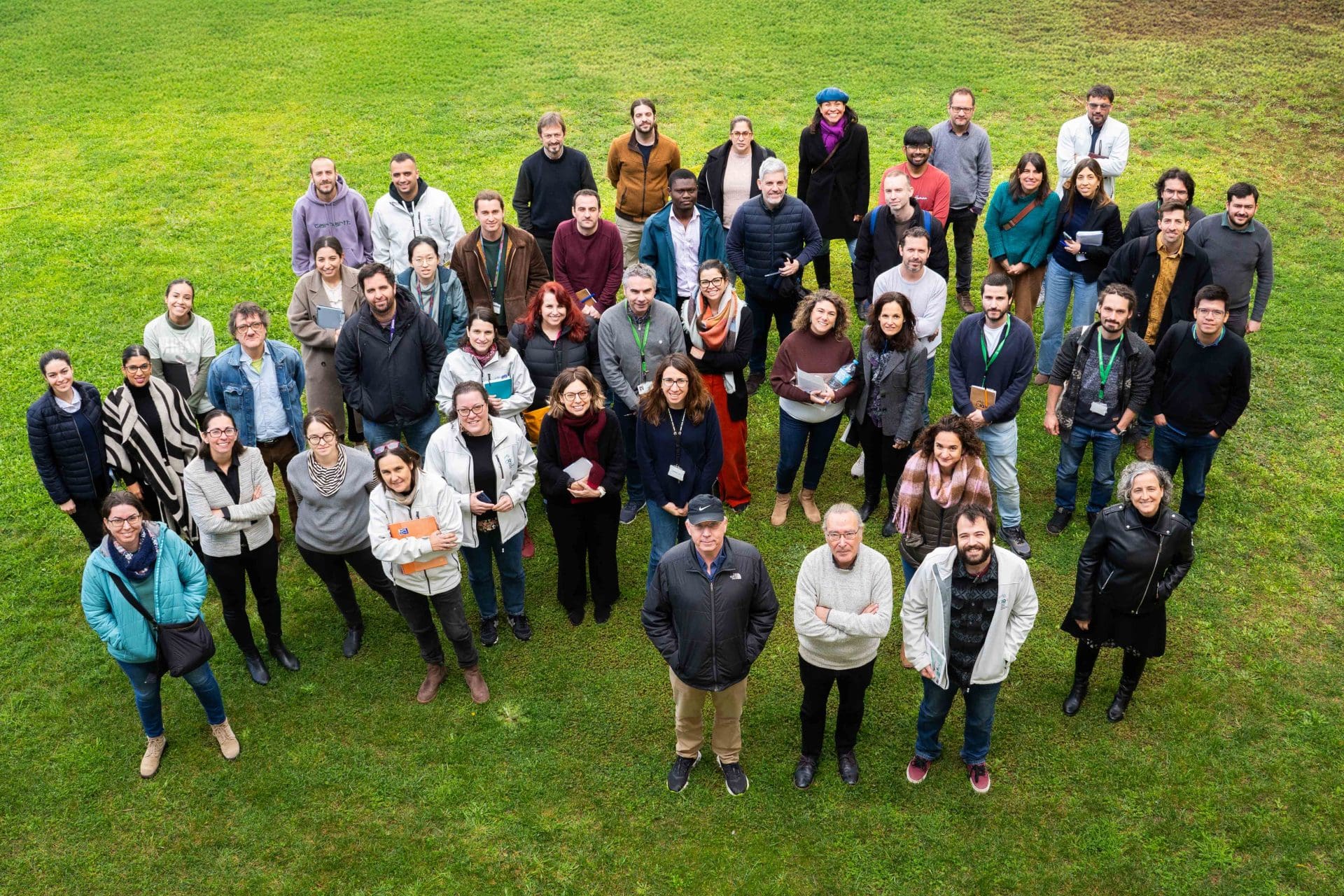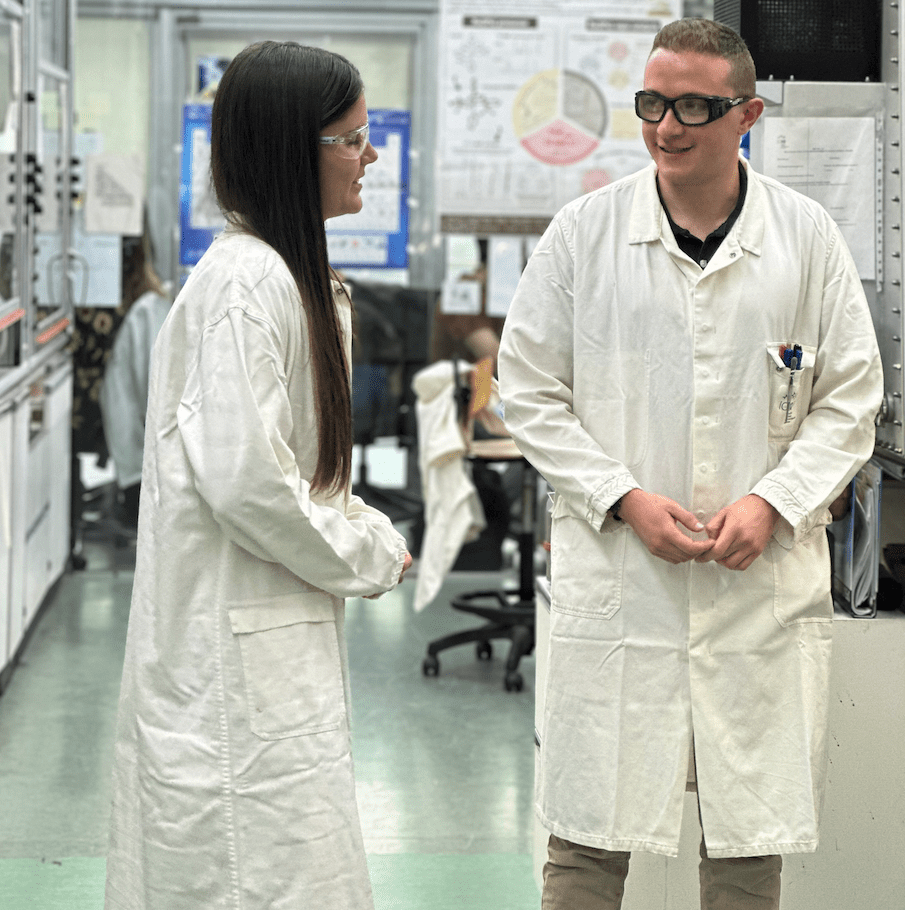Face to Face with Vy M. Dong
31st July 2013 –  Vy M. Dong is a full Professor at University of California at Irvine. She works on transition metal catalysis and the study of new catalytic methods to solve challenges in organic chemistry. She graduated from this University and then moved to Prof. McMillan group to do her PhD studies. She has also worked with Robert Bergman and Kenneth Raymond at Berkeley. Prof. Dong began her independent career at University of Toronto and returned to University of California at Irvine in 2012. She has also been one of our ICIQ Seminar Programme speakers and we spent some time talking to her in our Face to Face.
Vy M. Dong is a full Professor at University of California at Irvine. She works on transition metal catalysis and the study of new catalytic methods to solve challenges in organic chemistry. She graduated from this University and then moved to Prof. McMillan group to do her PhD studies. She has also worked with Robert Bergman and Kenneth Raymond at Berkeley. Prof. Dong began her independent career at University of Toronto and returned to University of California at Irvine in 2012. She has also been one of our ICIQ Seminar Programme speakers and we spent some time talking to her in our Face to Face.
When did you decide to become a scientist and why?
I think it was during my sophomore year of college (*second year college in US), I took organic chemistry with Larry Overman and I really loved the subject. It is amazing how in some ways the theories were very simple but it was so powerful that you could actually use them to make molecules and design structures that could have a biological function.
I was lucky to take the opportunity to work in Larry Overman’s lab and that kind of set my path.
What do you like and enjoy the most in your job?
My favorite job is working with the students.
I think in an academic lab we have two kinds of products, one is the research and we really hope to make an impact on society that way, and the other major product are the people we are training, and we hope that they will go on to do even better and greater things than us.
Which are the greatest achievements in your career to date?
I hope our best chemistry is yet to come. I have been really excited about some of the latest things happening in the lab. My students are getting more involved into even more complex structures like peptides, oligosaccharides… and trying to merge that with transition metal catalysis has been a lot of fun for us.
Could you tell me about a funny anecdote that has happened in your lab?
There has been a lot of funny moments. One of the funniest things about working in science to me, has always been the fact that science is an international language. I remember when I set my career I had one student form Quebec, who was a French speaker, and one student from China who spoke Chinese. They were getting into a fight and the French student called the Chinese student a chicken, she got very upset and she called him a dog. Well… she thought she had called him a dog but she actually called him a duck. He got really upset and he explained that a chicken means that you are just afraid to do something but she said that in China a chicken means a female prostitute, and so she called him a duck because that means a male prostitute.
So even though science is an international language, sometimes with different cultures we still need to figure out what we are talking about.
We see many women studying chemistry at University including at PhD level; however, we do not see that many women working as researchers or academics. Why do you think that happens?
I’m not really exactly sure what the answers are. I think that for women who want that type of career we need to almost find partners who are very supportive with that, and sometimes that’s a challenge. There are very nice examples of both couples having academic careers and moving around and trying to balance that, but often times there is one person who might have that type of career and another person who has a more flexible career. I feel I’ve been very lucky that my husband had a flexible job, so we could move around and we could go to Canada to start my career there and we could move back to the States later on.
What do you do in your spare time?
I like to travel.
PROUST/ICIQ QUESTIONNAIRE
A chemical element: Vanadium (because it starts with a V)
Favourite Scientist: Linus Pauling. He not only made an impact in chemistry but also in social issues.
Your favourite invention: Water sprinklers are pretty cool!
If you had not been a chemist… I would have had my own business (maybe doing snoorkel tours in Bora Bora!)
Favourite destination: One thing I feel very fortunate about is to travel around the world but then still come home, hang out with my students and be in the lab. So home is definitely on the top list of favourite places to be.
A book: ‘When bad things happen to good people’ by Harold Kushner
A film: ’Elf’
A dream: For every generation to have a better life than the previous one.
Science is… Fun!
Related news

Let's create a brighter future
Join our team to work with renowned researchers, tackle groundbreaking
projects and contribute to meaningful scientific advancements





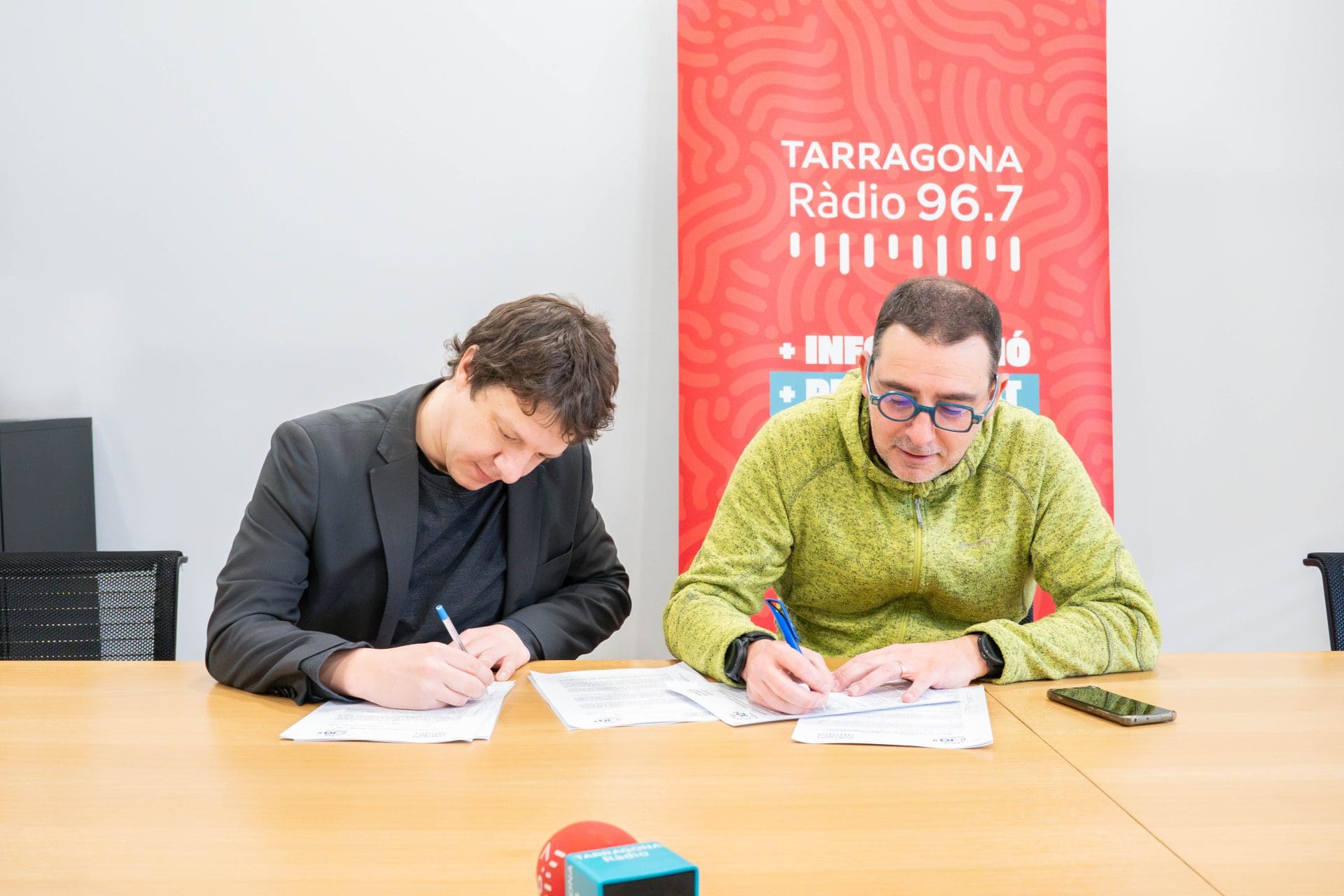
 16-04-2025
16-04-2025 